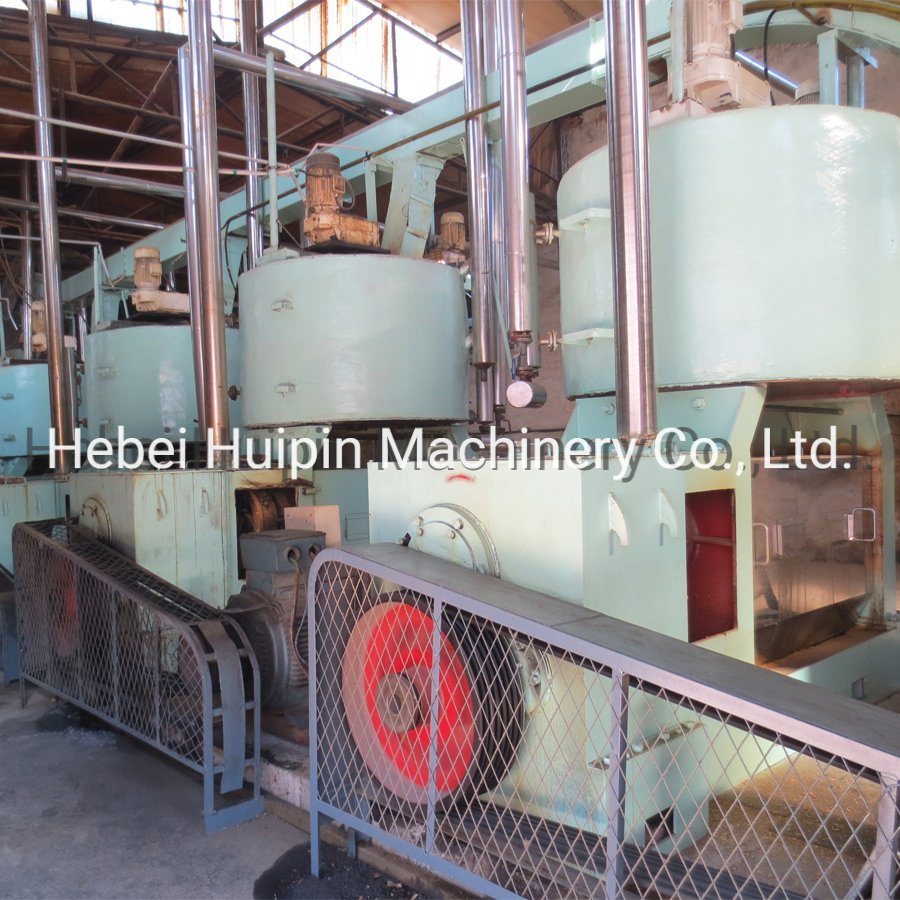វិច្ឆិកា . 25, 2024 08:49 Back to list
Exploring the Impact of Copra Oil Press Factories on Coconut Oil Production and Economy
Understanding Copra Oil Press Factories An Overview
Copra, the dried meat or kernel of the coconut, is a vital agricultural product in tropical countries. It serves as the primary raw material for producing copra oil, which is an important edible oil used widely in cooking and food production. Copra oil press factories play a pivotal role in this process, transforming copra into oil through various mechanical and chemical methods. This article delves into the operations, significance, and challenges faced by copra oil press factories.
The Process of Copra Oil Extraction
The oil extraction process in copra oil press factories involves several key steps. Initially, coconuts are harvested and the flesh is dried to create copra. This drying process is crucial, as moisture content must be reduced to approximately 6% to ensure the oil can be efficiently extracted. Once dried, the copra is subjected to pressing, where mechanical or hydraulic presses extract the oil.
Two main methods of extraction are commonly used cold pressing and hot pressing. Cold pressing involves extracting oil at lower temperatures, preserving more nutrients and flavor, making it suitable for premium oil production. Hot pressing, on the other hand, uses heat to enhance the oil yield and is often employed in industrial settings for larger scale production. The choice of extraction method can significantly impact the quality of the final product.
The Importance of Copra Oil
Copra oil is celebrated not just for its culinary uses, but also for its versatility in a range of industries. In the food industry, it serves as a cooking oil, an ingredient for margarine, and as a base for various products like baked goods and snacks. In addition, copra oil is utilized in the production of cosmetics, soaps, and household products due to its emollient properties. The industrial sector also values copra oil for use as lubricant and fuel.
The economic significance of copra oil is substantial, particularly in coconut-producing countries. It provides livelihood to millions of farmers and workers involved in the coconut supply chain. From farming to processing, the copra oil industry supports rural economies, contributing to local and national growth.
copra oil press factories

Challenges Faced by Copra Oil Press Factories
Despite the benefits, copra oil press factories face various challenges. One major concern is the fluctuating market prices of copra and oil, which can directly impact the profitability of factories. Additionally, climate change poses a threat to coconut cultivation, affecting supply and quality.
Furthermore, the processing methods employed in many factories can lead to environmental concerns. Waste management is a significant issue; residues from copra processing can contribute to pollution if not managed effectively. Sustainable practices, such as utilizing by-products for animal feed or organic fertilizers, are gaining traction but require further adoption in the industry.
Labor conditions are another challenge. In some regions, workers in copra oil press factories may face unsafe working conditions and lack fair wages. Addressing these issues is essential to promote ethical practices within the industry.
Looking Ahead
The future of copra oil press factories hinges on innovation and sustainability. Embracing advanced technology in oil extraction can enhance efficiency and oil quality. Investments in research and development are necessary to improve disease resistance in coconut crops and ensure high productivity.
Moreover, fostering environmentally friendly practices and ensuring fair labor standards can enhance the sustainability of copra oil production. With a growing global demand for plant-based oils, copra oil press factories are poised to play a crucial role in meeting this demand while also contributing to environmental conservation and social responsibility.
In conclusion, copra oil press factories are vital to the agricultural and industrial landscape, playing a key role in the transformation of coconuts into valuable resources. By addressing challenges and embracing innovation, the sector can look forward to a thriving and sustainable future.
-
Commercial High-Efficiency Oil Expeller Press
NewsAug.05,2025
-
LZY-206 Twin-Screw Cold Press: Efficient Oil Extraction
NewsAug.04,2025
-
Professional Safflower Oil Press Service | AI-Efficient
NewsAug.03,2025
-
HP290 First Press Oil Expeller Machinery: Efficient Oil Extraction
NewsAug.02,2025
-
Top Food Oil Refined Unit Companies w/ GPT-4 Turbo Tech
NewsAug.01,2025
-
Premium Black Seed Oil Expeller - High Efficiency Cold Press Oil Machine
NewsJul.31,2025
